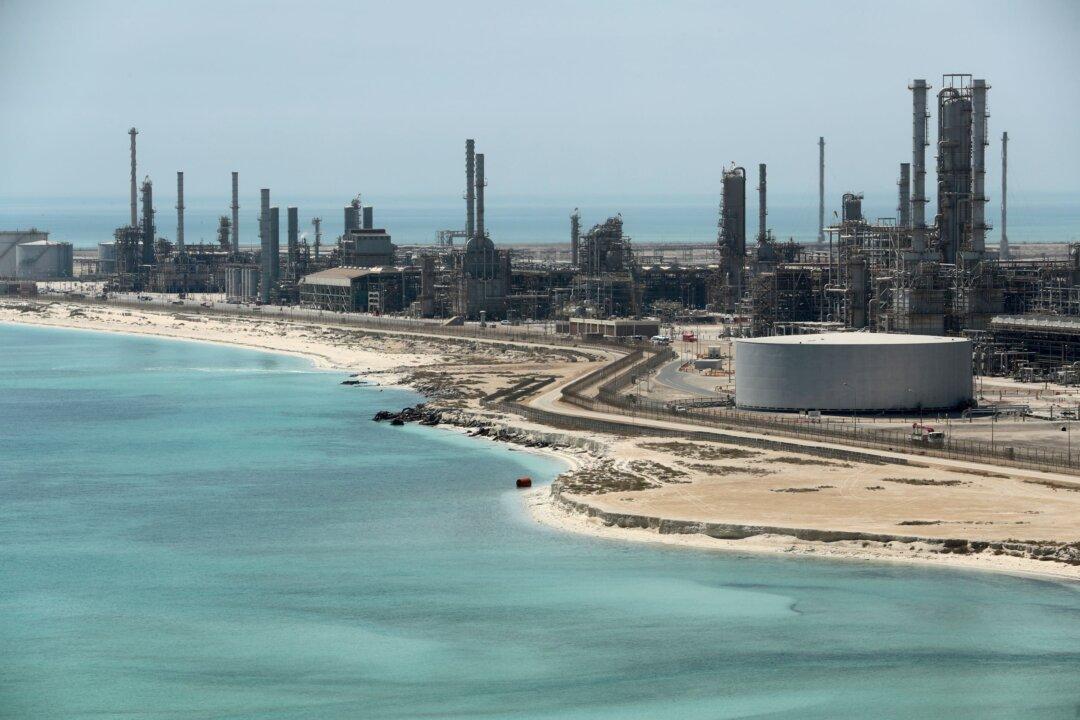Saudi Arabia said on Monday that it claims no responsibility for a shortage in global oil supplies after an alleged attack by Yemeni rebels impacted production in the kingdom.
A statement from Saudi Arabia’s government said “that it will not bear any responsibility for any shortage in oil supplies to global markets in light of the attacks on its oil facilities from Iranian-backed terrorist Houthi militias,” according to the state-run Saudi Press Agency.





